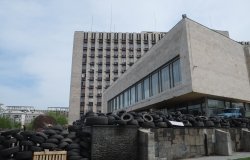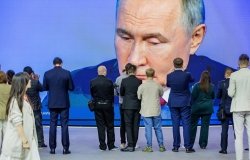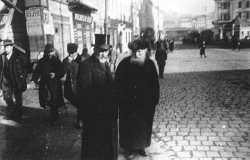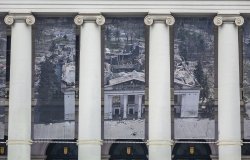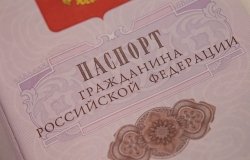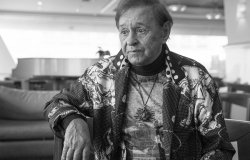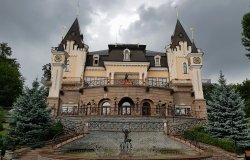#249 Brazilian Ministry of Culture Public Policy Scholars 1999-2000
By Marina de Mello e Souza, Maria de Lourdes Parreiras Horta, and Ephim Shluger
From the Introduction
This working paper represents the collective presentation of three research efforts on Brazilian cultural issues conducted between 1999 and 2000 through the Brazilian Ministry of Culture Public Policy Scholars Program. The Program, begun in December 1997, has been formed from a partnership between the Woodrow Wilson International Center for Scholars (WWICS) and the Ministry of Culture of Brazil (MC). Its objective is to give Brazilian senior-level public policy scholars and practitioners the opportunity to further their research and to stimulate the exchange of ideas between the academic and political communities of the United States (Washington, DC) and Brazil. In addition, the program contributes to fostering a deeper understanding of Brazilian culture in the United States.
As a result of this program, the WWICS decided to launch the “Brazil @ The Wilson Center” project in June 2000*. This program is designed to sponsor activities that create a Brazilian “presence” in Washington to capture the attention of national policymakers.
This working paper includes research prepared by the first group of Public Policy Scholars sponsored through the Ministry of Culture: Marina de Mello e Souza, Maria de Lourdes Parreiras Horta, and Ephim Shluger:
Marina de Mello e Souza is a researcher at Comunidade Solidaria, an agency of the Brazilian government in São Paulo.
Maria Horta, currently Director of the Imperial Museum of Petropolis (Rio de Janeiro State), analyzes administrative and organizational aspects of the Smithsonian Institution and the applicability for the structures of museums and heritage sites in Brazil.
Ephim Shluger, a Consultant at the World Bank on Urban Issues, has written an extensive study on the preservation of historical sites in Brazil and the rapid evolution of government policies toward their protection.
*Editor's note: "Brazil @ The Wilson Center" was an initiative of the Latin American Program in the early 2000s. It preceded the Brazil Institute, an independent program founded in 2006 to foster dialogue on key issues of bilateral concern between Brazil and the United States and advance Washington’s understanding of contemporary Brazilian developments by promoting research, analysis and debate of Brazil’s public policies. Learn more.
Related Program

Latin America Program
The Wilson Center’s prestigious Latin America Program provides non-partisan expertise to a broad community of decision makers in the United States and Latin America on critical policy issues facing the Hemisphere. The Program provides insightful and actionable research for policymakers, private sector leaders, journalists, and public intellectuals in the United States and Latin America. To bridge the gap between scholarship and policy action, it fosters new inquiry, sponsors high-level public and private meetings among multiple stakeholders, and explores policy options to improve outcomes for citizens throughout the Americas. Drawing on the Wilson Center’s strength as the nation’s key non-partisan policy forum, the Program serves as a trusted source of analysis and a vital point of contact between the worlds of scholarship and action. Read more
